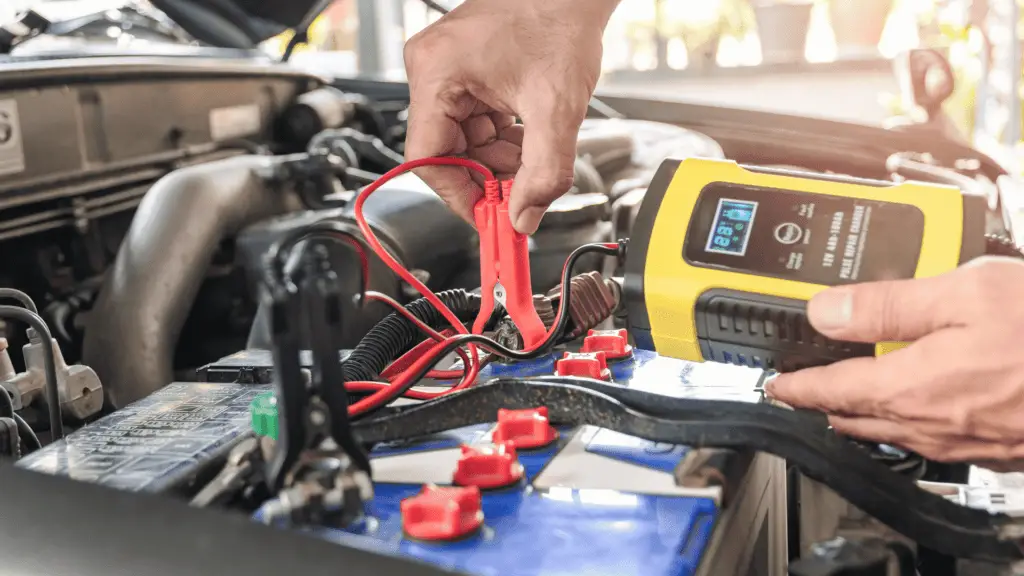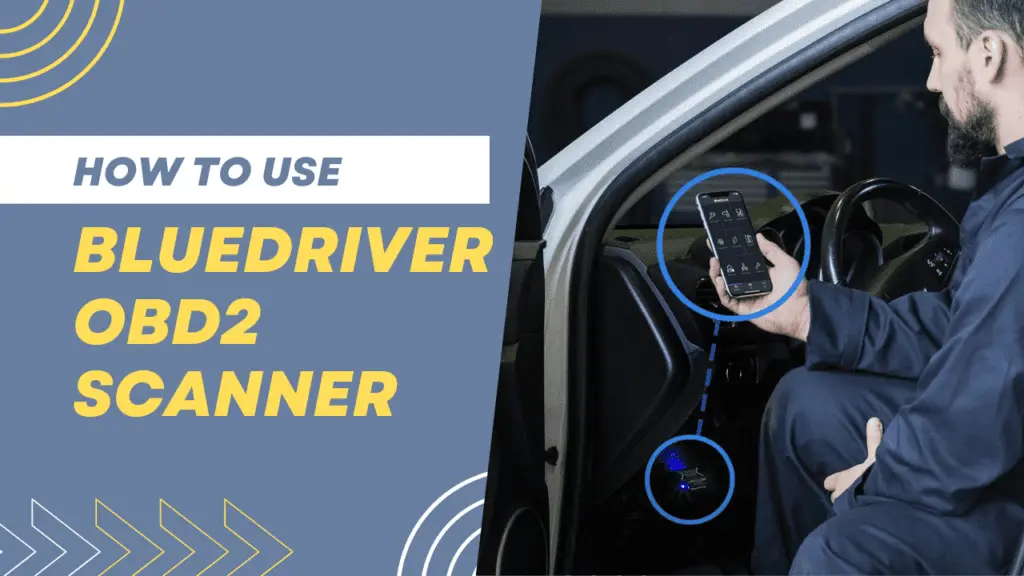When it comes to car batteries, understanding their voltage is crucial for maintaining and ensuring the optimal performance of your vehicle.
In this article, we will delve into the topic of car battery voltage, exploring its standard range, factors affecting it, and its importance in powering your car’s electrical systems.
So, let’s dive in and shed some light on the volts that keep your car running smoothly.
Car batteries serve as the lifeblood of your vehicle, providing the necessary electrical power to start the engine and operate various components such as lights, radio, and air conditioning.
Understanding the voltage of a car battery is fundamental to comprehending its capabilities and ensuring its longevity.
Table of Contents
Understanding Car Batteries
Before we explore the voltage aspect, let’s take a moment to understand the basic functionality of a car battery.
Car batteries are rechargeable devices that convert chemical energy into electrical energy, delivering the required power to start the engine and power the electrical systems while the engine is not running.
Voltage and Car Batteries

Standard Voltage of a Car Battery
The standard voltage of a car battery is typically 12 volts. Most vehicles, including cars, trucks, and SUVs, operate on a 12-volt electrical system.
This voltage is considered the norm in the automotive industry, allowing for compatibility across various vehicle models.
Factors Affecting Car Battery Voltage
Several factors can affect the voltage of a car battery. These factors include temperature, age, and the battery’s state of charge.
Extreme temperatures, both hot and cold, can impact the battery’s performance and voltage output.
Similarly, as a battery ages, its voltage can decrease, leading to diminished overall functionality.
Importance of Car Battery Voltage
Car battery voltage plays a vital role in ensuring the proper functioning of your vehicle. Let’s explore two key areas where voltage is crucial:
Starting the Engine
When you turn the ignition key, the battery sends an electrical current to the starter motor, initiating the combustion process that starts your engine.
Sufficient voltage is necessary to provide the initial jolt of power required to crank the engine and get it running.
Powering Electrical Systems
Apart from starting the engine, car batteries also power various electrical systems in your vehicle, such as lights, audio systems, and navigation units.
These systems rely on the battery’s voltage to operate correctly and provide the necessary functionality while the engine is not running.
Measuring Car Battery Voltage
To measure the voltage of your car battery accurately, you can utilize a multimeter, a device commonly used to measure electrical properties. Here’s a simple guide on measuring car battery voltage:
Using a Multimeter
Connect the multimeter’s positive lead to the battery’s positive terminal and the negative lead to the negative terminal.
Ensure a secure connection to obtain an accurate reading.
Understanding Voltage Readings
A fully charged car battery should ideally read around 12.6 to 12.8 volts.
If the voltage drops below 12.4 volts, it indicates a partially discharged battery, while anything below 11.9 volts signifies a significantly discharged battery.
Maintaining Car Battery Voltage
Maintaining the voltage of your car battery is crucial for its optimal performance and lifespan. Here are some essential maintenance tips:
Regular Inspections
Perform regular visual inspections of your battery to ensure there is no corrosion on the terminals or visible signs of damage. Clean any corrosion using a mixture of baking soda and water.
Charging the Battery
If your battery’s voltage drops significantly, it may require recharging. Use an appropriate battery charger to restore the charge and maintain the optimal voltage levels.
Common Questions about Car Battery Voltage
Let’s address some common questions that often arise regarding car battery voltage:
Can a Car Battery Have Too Much Voltage?
Yes, excessive voltage can be harmful to your car’s electrical system and components. It is important to ensure that the voltage remains within the recommended range to avoid any potential damage.
What Happens if the Car Battery Voltage is Low?
If the car battery voltage drops too low, it can affect the starting performance of your vehicle and cause electrical components to malfunction or not function at all.
Can Jump-Starting a Car Affect Battery Voltage?
Jump-starting a car can temporarily increase the battery voltage by utilizing power from the booster vehicle. However, it is essential to charge the battery fully to maintain its optimal voltage.
How Long Should a Car Battery Last?
The lifespan of a car battery varies depending on factors such as usage, climate conditions, and maintenance. On average, a car battery can last between three to five years.
Is Higher Voltage Better for a Car Battery?
No, the voltage range of 12 volts is considered optimal for most vehicles. Higher voltage can potentially damage the electrical systems and components designed to operate within the standard voltage range.
Conclusion
Understanding the voltage of a car battery is crucial for maintaining its optimal performance and ensuring the proper functioning of your vehicle’s electrical systems.
By comprehending the standard voltage, factors affecting it, and implementing appropriate maintenance practices, you can ensure that your car battery operates at its best and provides reliable power when you need it.
Frequently Asked Questions (FAQs)
Q: How often should I check my car battery voltage?
A: It is advisable to check your car battery voltage at least once every three months.
Q: Can a discharged car battery affect the alternator?
A: Yes, a severely discharged car battery can put a strain on the alternator, potentially leading to its premature failure.
Q: What should I do if my car battery voltage is consistently low?
A: If your car battery voltage consistently reads below the recommended range, it may be time to consider replacing the battery.
Q: Can I replace my car battery myself?
A: While it is possible to replace a car battery yourself, it is recommended to consult a professional to ensure proper installation and disposal of the old battery.
Q: Are all car batteries 12 volts?
A: The majority of car batteries are 12 volts, but there are exceptions in specialized vehicles or applications where different voltage systems are used.







